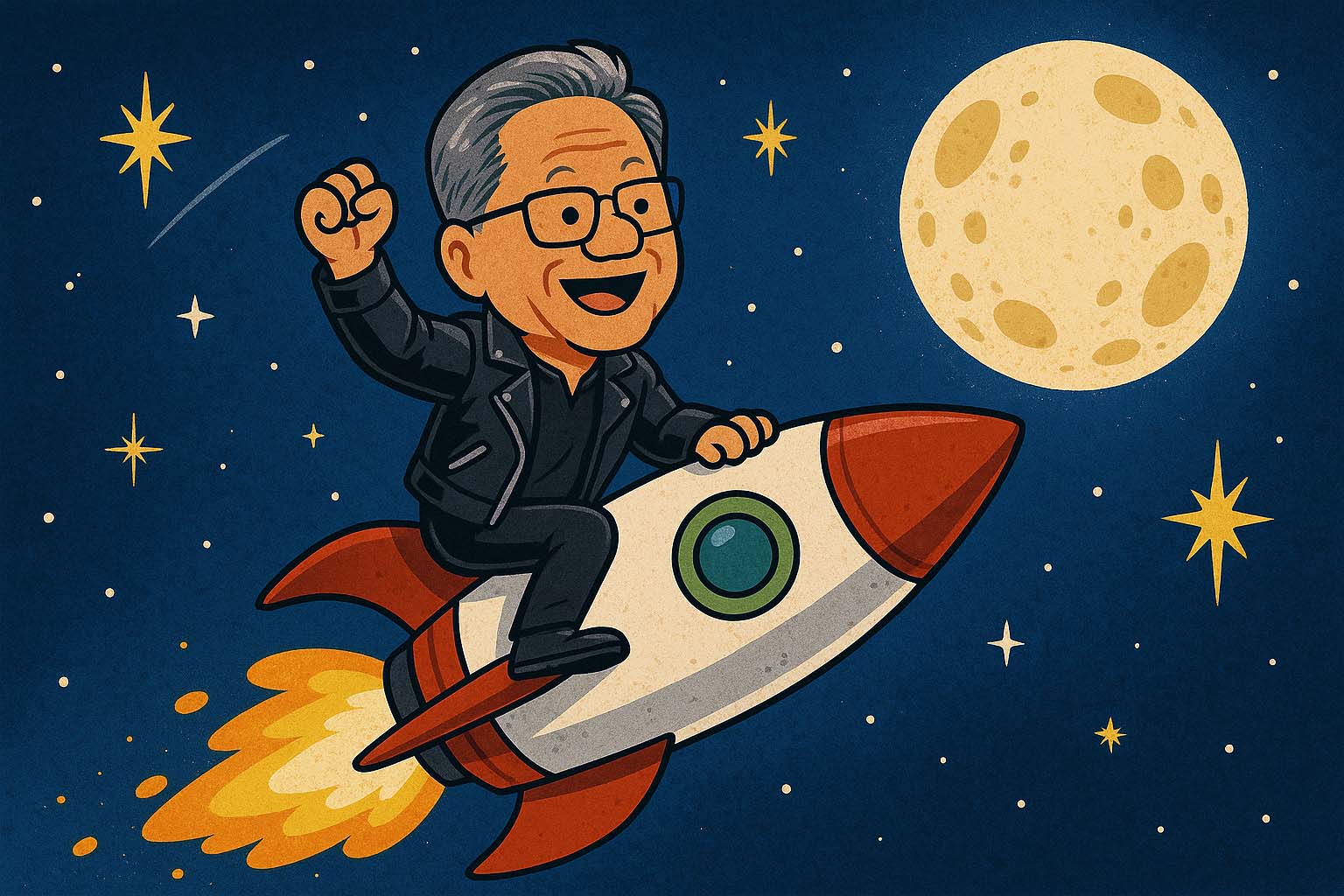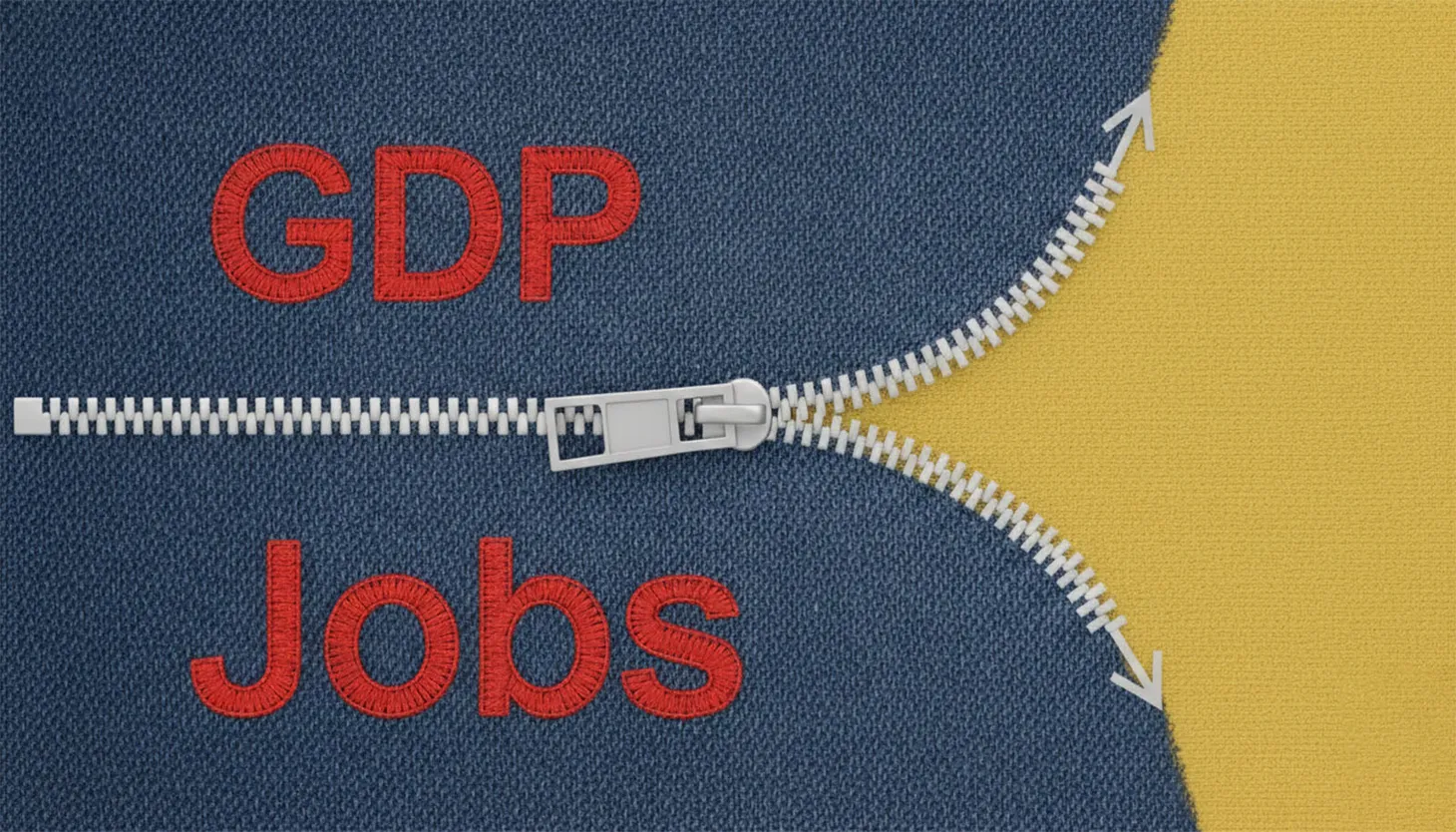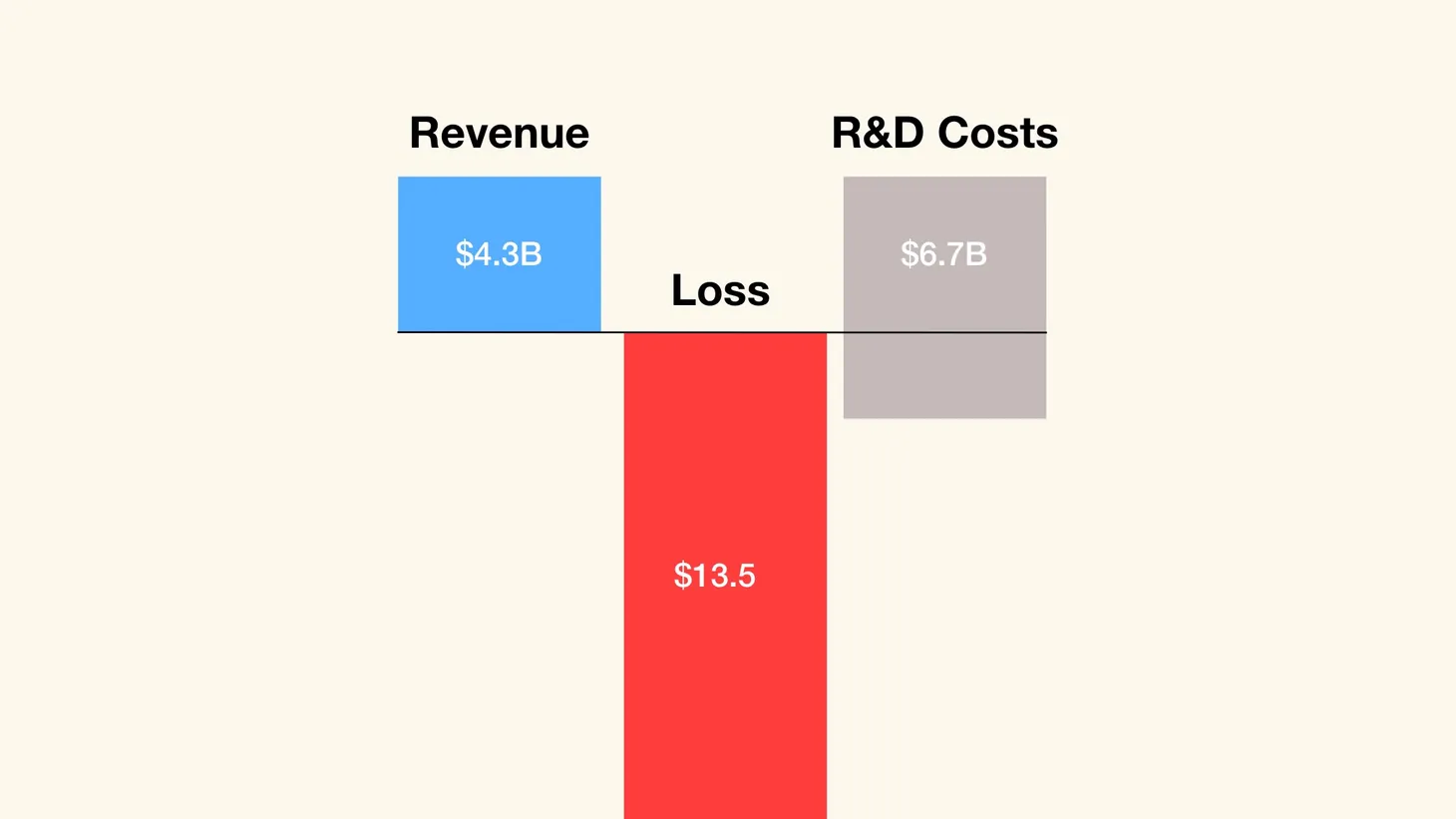It Worked for Nvidia, Could It Work for You?
How do you become the most valuable company ever? You let your employees decide where, when, and how to work.

Nvidia just reached a $4 trillion valuation, the first company in history to do so. It did it by embracing flexible, distributed, and remote work. Not as a gimmick, not as a perk, and not in order to be "nice" to employees or be on the right side of the culture wars. Simply, it did it because this is the only way to tap into the largest possible talent pool and match the best possible candidates to the type of unique, specialized work required to design the most sophisticated physical products ever invented.
Does it mean everyone should work like Nvidia? No. This lesson only applies to companies that aspire to innovate and grow at the same rate and to the same scale.
The knowledge economy of 1995-2015 caused the concentration of economic activity in a handful of superstar cities. Those cities enabled the three pillars of innovation: Density that enables rapid communication; scale that enabled matching of specialized talent to specialized tasks; and a diverse urban lifestyle that attracted top talent.
But even before Covid-19, this arrangement began to crack. Companies started showing a preference to hire people from other locations, splitting their R&D activities across multiple smaller cities and countries. This was done both in order to control costs and in order to hire from an even larger talent pool in order to make even more specialized matches. This process was largely ignored before Covid, and noticing it enabled me to make some solid predictions in my 2019 book, Rethinking Real Estate. I expanded on this dynamic in a recent talk at MIT, below:
The second key insight that drove my predictions was the fundamental difference between the production of tangible and intangible assets. While our cities, buildings, and companies were shaped by the industrial economy, our own economy is already completely different. As a result, there is a mismatch between the world we built and the world we actually live in. And that mismatch was not sustainable. I did not know that a global pandemic was about to begin, but I did know that some sort of external trigger would lead to a reckoning that will take two decades to resolve itself.
Nvidia is the ultimate example of the gap between the growing gap between physical assets and financial value. The company's balance sheet has around $73 billion of tangible assets, but the company is worth $4 trillion. In other words, more than 98% of the company's value is based on ideas, relationship, hype, and other intangibles. Compare this to the world's largest companies in previous eras: General Motors, General Electric, Exxon, AT&T, even IBM — all of these companies produced physical things and their value was largely commensurate with the tangible assets on their balance sheets.
Fifty years ago, most of the value of the S&P500 was tied to such tangible assets — real estate, production machines, physical inventory. Today, more than 90% of it is intangible. This is not just an accounting issue. Intangible assets are produced differently. Just like hit songs or viral apps, their production process is unpredictable, unequal, and unstable. Doing the same thing could lead to wildly different results. And doing it again could lead to completely different results.
And so, the production of intangible assets demands flexibility, it demands going to the ends of the earth to hire someone who might give you a slight edge, and it demands empowering that person so that they would stay at your company and not jump ship.
As a little bonus, I also made the specific prediction that Nvidia could be worth $5 trillion dollars, back in 2023 when the company was worth a tenth of that. I hardly ever opine on individual stocks, so that worked out well. Tomorrow, or next week, or next year, the company's value might collapse by 99%. Would that make everything I wrote wrong? Quite the opposite, it is yet another feature of an economy in which value is detached from physical constraints and traditional measures — and one more reason to embrace flexibility.
For more about Nvidia's work arrangements and management philosophy, check out my earlier piece: Working The Nvidia Way and The Distributed Rocketship.
Have a great week.
Best,

🎤 How will AI reshape our cities, companies, and careers? My speaking schedule for the summer is filling up. Visit my speaker profile and get in touch to learn more.
Old/New by Dror Poleg Newsletter
Join the newsletter to receive the latest updates in your inbox.




